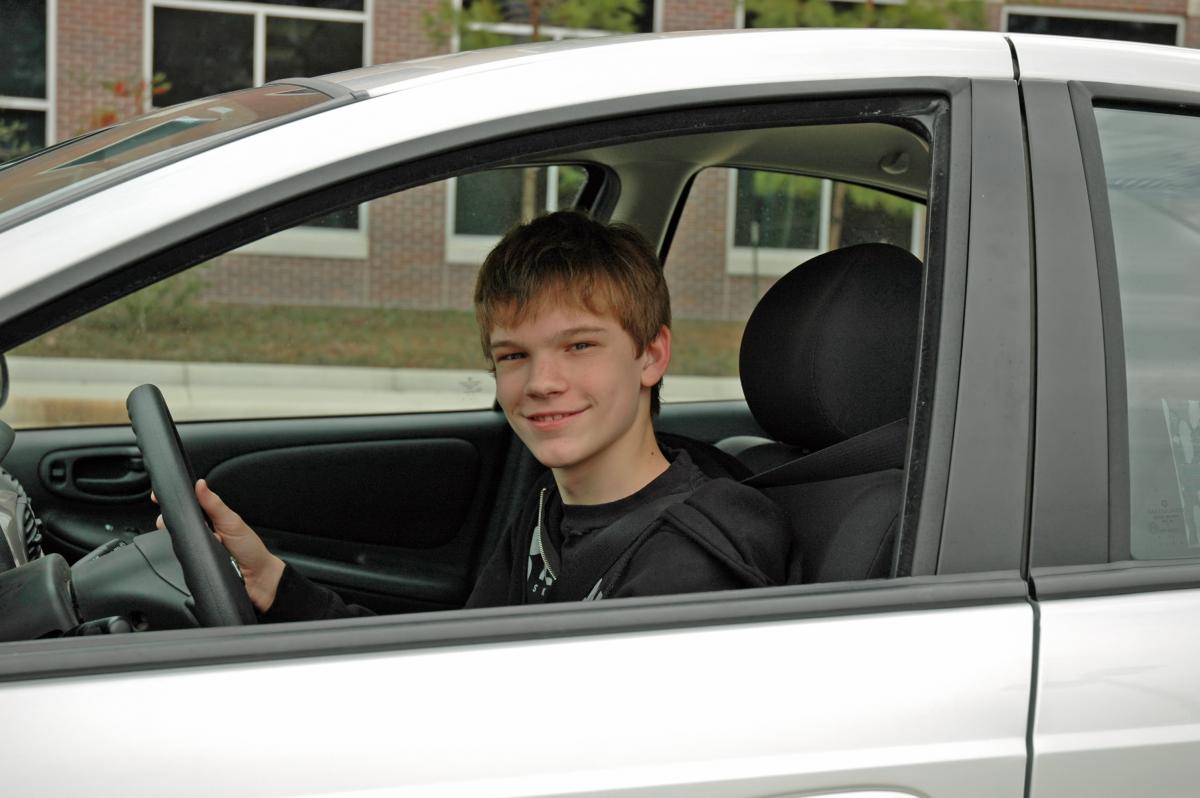 October 21-27 is National Teen Driver Safety Week. The National Highway Traffic Safety Administration has created materials for parents to use when discussing safe driving with teens and to help them avoid causing or being involved in a car accident. Visit the NHTSA Teen Driver Safety Week webpage for more information.
October 21-27 is National Teen Driver Safety Week. The National Highway Traffic Safety Administration has created materials for parents to use when discussing safe driving with teens and to help them avoid causing or being involved in a car accident. Visit the NHTSA Teen Driver Safety Week webpage for more information.
Parents remember, you can provide your children with all of the informational material available and talk to them until you are blue in the face, but if you do not model responsible driving behavior, your teen will not be a safe driver. Modeled behavior is significantly more powerful than lecturing. If you truly want to protect your teen, pay attention to how you drive.
What is Responsible Driving?
Responsible driving means:
- Wear your seatbelt. Always
- Never drink and drive. Not even one drink
- Never use your cellphone while driving. For anything at all
- Never adjust onboard electronics/infotainment systems while driving
- Never adjust GPS or other handheld devices while driving
- Keep your eyes and attention on the road at all times
- Carefully follow all traffic signs and signals
- Allow a 2-3 car gap between yourself and those in front of you
- Refrain from aggressive, erratic, or unpredictable behavior
Again, providing your child with information about driving safely while you, yourself, drive in a manner that places everyone on the road in jeopardy is terribly ineffective. Lead by example. Your teen’s life may very well depend on it.
The Scope of the Problem
Motor vehicle accidents are the leading cause of death for teens ages 15-18. WIthin this age-range, 16-year-olds are the most likely to die in car accidents. This makes sense, one in five 16-year-olds will be in an accident within their first year of driving.
Teens are more likely to die in cars driven by their peers. In 2015, this translated to 2,333 teens being killed and an additional 235,845 being hospitalized following an accident. While they comprise only 7% of the population, teens account for 11% of all motor vehicle-related deaths.
According to research compiled by the CDC, most fatal accidents involving teens can be attributed to:
- Speeding and tailgating - 32%
- Driving while intoxicated - 22%
In addition, 60% of teen drivers who die in car crashes are not wearing a seatbelt at the time of collision. Teens who have only been driving for a short period of time are more likely to be involved in accidents. Males are more likely to engage in reckless behaviors than females. And most fatal car accidents involving teens happen after school, between the hours of 3 pm and midnight, and over the weekend.
Do You Need Help?
If your teen has been injured in an accident, even if it is an accident they played a role in, your family may be entitled to compensation for property damage, medical expenses, and related issues. The best way to determine if you are entitled to seek compensation beyond insurance is through a one-on-one consultation with a qualified car accident lawyer. With over four decades of experience, Chattanooga car accident lawyer Herbert Thornbury is here to listen to your story and provide you honest information about how to proceed.
Attorney Thornbury knows how to investigate accidents and identify all liable parties. He welcomes an opportunity to meet with you free of charge to discuss your rights, your options, and the best way to move forward.
In Chattanooga and surrounding areas, please call Herbert Thornbury, Attorney at Law, at 423-752-0544 today.




